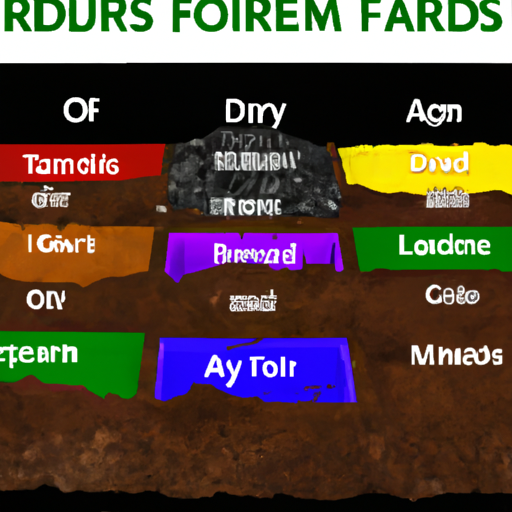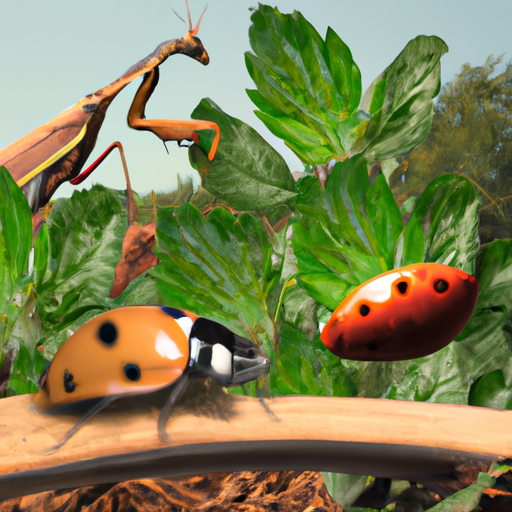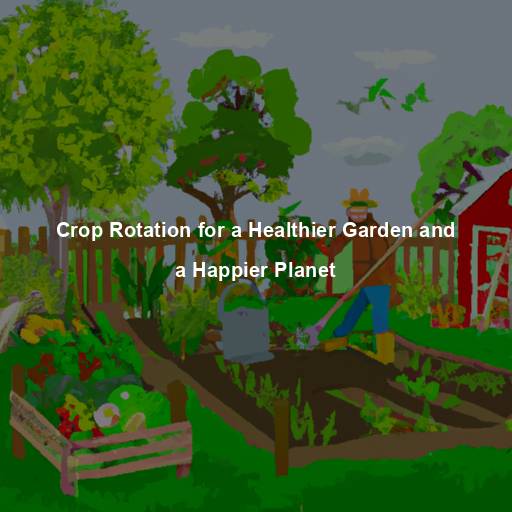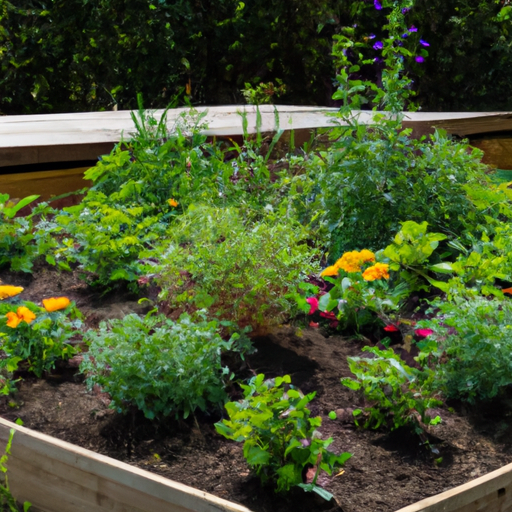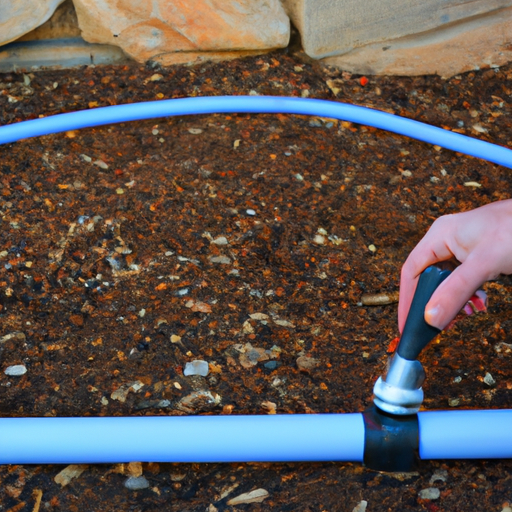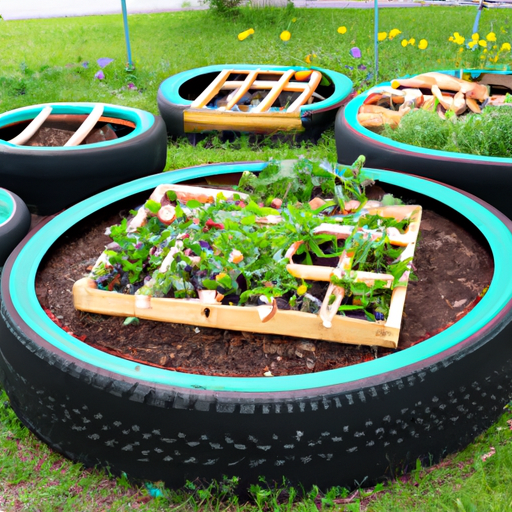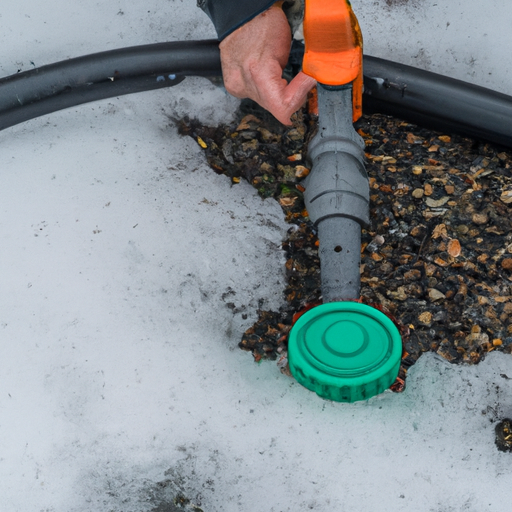If you’re thinking about starting a raised garden bed, one of the most important considerations is choosing the right soil. The quality and composition of your soil can make all the difference in how well your plants grow and thrive.
As a Master Gardener with years of experience, I’m here to share some tips on how to choose the perfect soil for your raised garden bed.
Firstly, it’s important to understand that not all soils are created equal. Depending on where you live and what types of plants you want to grow, certain soils may be better suited than others.
In general, though, you’ll want a nutrient-rich soil that drains well and retains moisture. You also want to avoid any potential contaminants or toxins that could harm your plants (and anyone who eats them).
With these factors in mind, let’s dive into some specific things to look for when selecting soil for your raised garden bed!
Understanding Soil Composition
Understanding soil composition is crucial to choosing the right soil for your raised garden bed.
Before buying any soil, it’s important to conduct a soil test to determine its pH level and nutrient content. This will help you identify any deficiencies or excesses that could impact plant growth.
Additionally, consider using organic options such as compost, manure, or peat moss to improve soil structure and fertility. These materials also promote healthy microbial activity in the soil, which can benefit plants in numerous ways.
By taking these steps to understand soil composition and utilize organic options, you’ll be well on your way to creating a thriving garden environment for your plants.
Identifying Nutrient-Rich Soil
Identifying nutrient-rich soil is crucial for the success of your raised garden bed. Soil pH levels play a significant role in determining what nutrients are available to plants, and it’s essential to choose soil with a balanced pH level (around 6-7) so that your plants can absorb all necessary minerals.
Organic soil types such as compost or manure are an excellent choice because they’re rich in organic matter and provide natural sources of macronutrients like nitrogen, phosphorus, and potassium. Inorganic soils may contain synthetic fertilizers that add quick-release nutrients but can harm beneficial microorganisms in the long run.
When choosing between these two options, consider whether you want quick results or sustainable growth for your garden bed. Remember that testing your soil before planting is always recommended to ensure optimal conditions for plant growth.
Test your soil before planting to determine its pH level.
Consider using organic soil types like compost or manure.
Weigh the pros and cons of using inorganic versus organic soils, as inorganic soils may have higher nutrient content but can also contain harmful chemicals and synthetic fertilizers. Organic soils, on the other hand, may have lower nutrient content but are often more sustainable and environmentally friendly.
Ultimately, the choice between inorganic and organic soils will depend on your specific gardening needs and preferences.
Ensuring Proper Drainage And Moisture Retention
Alrighty, now that you’ve got your raised garden bed set up and have chosen the perfect soil mix for it, let’s talk about ensuring proper drainage and moisture retention.
The key to a healthy garden is having good aeration in the soil which allows roots to breathe while also retaining enough moisture so your plants don’t dry out.
To improve aeration, consider adding organic materials like compost or peat moss into your soil mixture as these can help loosen compacted soils and create pockets of air for root growth.
Additionally, using perlite or vermiculite will aid with drainage by preventing water from pooling at the bottom of your bed.
Remember not to skimp on watering either! Raised garden beds require more frequent watering than traditional gardens due to their limited volume of soil.
By following these tips and tricks, you’ll be well on your way to growing happy and healthy plants in no time.
Avoiding Contaminants And Toxins
While ensuring proper drainage and moisture retention is crucial for the health of your plants, it’s equally important to consider potential contaminants and toxins that may be present in the soil.
Conducting a soil test can help determine any harmful substances such as lead or arsenic that could negatively impact plant growth or even pose a risk to human health.
Organic composting is a great way to enrich your soil with essential nutrients without introducing harmful chemicals commonly found in synthetic fertilizers.
When selecting soil for raised garden beds, look for options labeled ‘organic’ or ‘certified safe’ to ensure the highest quality possible.
Additionally, avoid using soil from unknown sources or areas near busy roads where pollutants are more likely to accumulate.
Consider getting a professional soil test done through your local agricultural extension office.
Look for organic compost materials like kitchen scraps, grass clippings, and leaves to add to your garden bed.
Use compost tea as an organic fertilizer alternative.
Research reputable brands of certified-safe soils specifically formulated for raised garden beds.
As a Master Gardener, I highly recommend taking these precautions before planting anything in your raised garden bed.
By doing so, you’ll not only promote healthy plant growth but also create a safer environment for yourself and those consuming the fruits (and vegetables) of your labor.
Remember, proper preparation of the soil will set you up for success throughout the entire growing season!
Choosing The Best Soil For Your Plants
When it comes to choosing the best soil for your raised garden bed, there are a few things you need to consider.
First and foremost is pH balance. Different plants thrive in different pH levels, so it’s important to choose soil that matches what you plan on growing. Most vegetables prefer a slightly acidic soil with a pH range of 6-7.5, while blueberries do better in more acidic soil with a pH level between 4-5.
Organic matter is also an essential component of healthy soil. It improves drainage, retains moisture, and provides nutrients for your plants to grow strong and healthy. You can add organic matter to your soil by using compost or other natural materials like straw or leaves.
By taking these factors into account when selecting your garden bed soil, you’ll be setting yourself up for success from the start!
Frequently Asked Questions
Can I Use Regular Garden Soil For A Raised Garden Bed?
While it is possible to use regular garden soil for a raised garden bed, it’s important to note that this may not be the most effective option.
Depending on your specific needs and goals, certain soil additives such as compost or fertilizer may need to be incorporated into the mix in order to achieve optimal growth conditions.
Additionally, proper raised bed construction techniques should also be considered in conjunction with selecting the right type of soil.
As a Master Gardener, I highly recommend taking the time to research and select the best combination of soil and construction methods for your unique gardening situation.
How Often Should I Replace The Soil In My Raised Garden Bed?
When it comes to maintaining a healthy and productive raised garden bed, knowing when to replace the soil is crucial. While there are no hard and fast rules for how often you should do this, there are some factors that can help guide your decision-making process.
For example, if you notice your plants aren’t growing as well as they used to or if pests and diseases seem to be taking over, it may be time for new soil. Additionally, incorporating crop rotation into your gardening routine can also benefit the health of your soil in the long run.
As for timing, the best time to replace soil is typically at the end of each growing season or before planting new crops in the spring. By staying on top of soil maintenance through regular replacement and proper crop rotation techniques, you can ensure that your raised garden bed stays healthy and productive for years to come.
Is It Necessary To Add Fertilizer To The Soil In A Raised Garden Bed?
It’s a common question among raised garden bed enthusiasts: is adding fertilizer to the soil necessary?
While it may not be absolutely essential, incorporating organic fertilizers can provide numerous benefits for your plants.
Organic fertilizers contain natural nutrients that help improve soil health and increase plant growth.
In addition to organic fertilizers, there are also alternative soil amendments such as compost or worm castings that can help enrich the soil in your raised garden bed.
As a Master Gardener, I highly recommend considering these options to give your plants the best chance at thriving.
What Are Some Natural Ways To Improve The Quality Of The Soil In A Raised Garden Bed?
Improving the quality of soil in a raised garden bed is a task that requires patience and commitment. But fear not, fellow gardener! There are natural ways to achieve this goal.
Composting methods can work wonders for your soil by adding valuable nutrients and beneficial microorganisms. Cover crops can also do wonders as they protect the soil from erosion while suppressing weeds.
As a Master Gardener, I highly recommend implementing these techniques in your gardening practices. Remember that healthy soil equals healthy plants.
Can I Mix Different Types Of Soil In My Raised Garden Bed?
Mixing different types of soil in your raised garden bed is a common practice among experienced gardeners. However, it’s important to understand the Soil Mixing Techniques and Soil Compatibility Factors before doing so.
The key is to find soils with similar characteristics such as pH level, drainage capacity, nutrient content, and texture. Composting can also be an effective way to blend different soils together while improving their quality.
Just remember to avoid mixing clay soil with sandy soil or using heavy topsoil that may hinder plant growth. With careful consideration and proper techniques, you can achieve a healthy and fertile environment for your plants to thrive in your raised garden bed.
Conclusion
In conclusion, choosing the right soil for your raised garden bed is crucial to growing healthy and abundant plants. While regular garden soil may seem like an easy option, it’s not always the best choice as it can become compacted over time.
It’s recommended that you replace the soil in your raised garden bed every 3-5 years to ensure optimal plant growth.
Adding fertilizer to your soil isn’t always necessary, but if you do choose to use it, make sure it’s organic and applied correctly.
Natural ways to improve soil quality include adding compost or mulch, using cover crops, and rotating crops each season.
Remember, mixing different types of soils can also be beneficial as long as they are compatible with each other.
As a Master Gardener, I cannot stress enough how important it is to take care of your soil.
Just like any living thing, plants need nutrients and a proper environment to thrive.
By selecting the right type of soil and taking steps to improve its quality naturally, you’re setting yourself up for success.
So go ahead and get your hands dirty – your garden will thank you!
